

Mourão_en


In the countryside that surrounds this border town; in the Retiro Azul café, where people hang out on Sunday mornings; over the broad beans and chorizo and the Black Iberico pork cheeks in the restaurant Chaminé; in the church atrium, after the Sunday service. In Mourão, all conversation flows to the Alqueva dam.
The biggest artificial lake in Western Europe, and something that draws many people to pass through; to the people of Mourão, the dam was a death knell for the parish: “Mourão has died since the arrival of the Alqueva dam.”
They blame the great lake for the breakdown of local industry, for the decline of traditional and family agriculture and for the disappearance of the former village of Luz, submerged 22 years ago. Only the riverside beach, opened in 2017, softens the disappointment felt by the lack of access to water. They are stuck with an artificial barrier that promised to spur economic development here, but from which people say they can’t draw “even a drop of water”.
Those that live here have been crushed by a fatalistic view of the future. The benefits offered by the Municipal Council—such as free activities during the school holidays or access to municipal pools for little more than a euro—aren’t enough to breathe life into a population anaesthetised by the lack of opportunities. Even the Moorish chimneys, that give Mourão a unique skyline and catch the attention of fresh eyes, are only considered a source of pride for the region as an afterthought.
Although European funds have been used to renovate public infrastructure like the cinema and theatre building and the municipal library, the European Union is time and again referred to as the public enemy. Because for those trying to earn a living, projects and promises aren’t enough.
And in a context in which the only employers are the local landowners who “cling on”, and the Santa Casa da Misericórdia [charity supporting the needy] and Municipal Council, it is difficult to find opportunities. Everyone voices the same complaint, “We live in a land dependent on subsidies.”

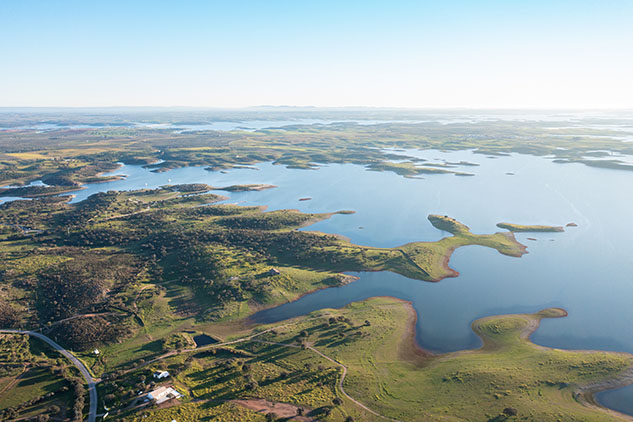
94%
Mourão had the second highest abstention rate in Portugal in the 2019 European elections. Of 1,389 voters, 1,299 didn’t vote.
Source: Secretariat General Ministry of the Interior
“We’re surrounded by water here. Mourão has died since they built the Alqueva dam. Portucel [a eucalyptus pulp factory] closed, people left… I always vote and I never cast a blank vote. Except the European ones… I don’t waste my time with those.”
José Alberto, 47 years old, bricklayer
“With the things we see happening—the embezzlement, the corruption—, who are we to believe? I don’t see any politician fit for the job at the moment. But at least there’s opposition, I don’t like absolute majorities.”
Hugo, 33 years old, social inclusion programme officer

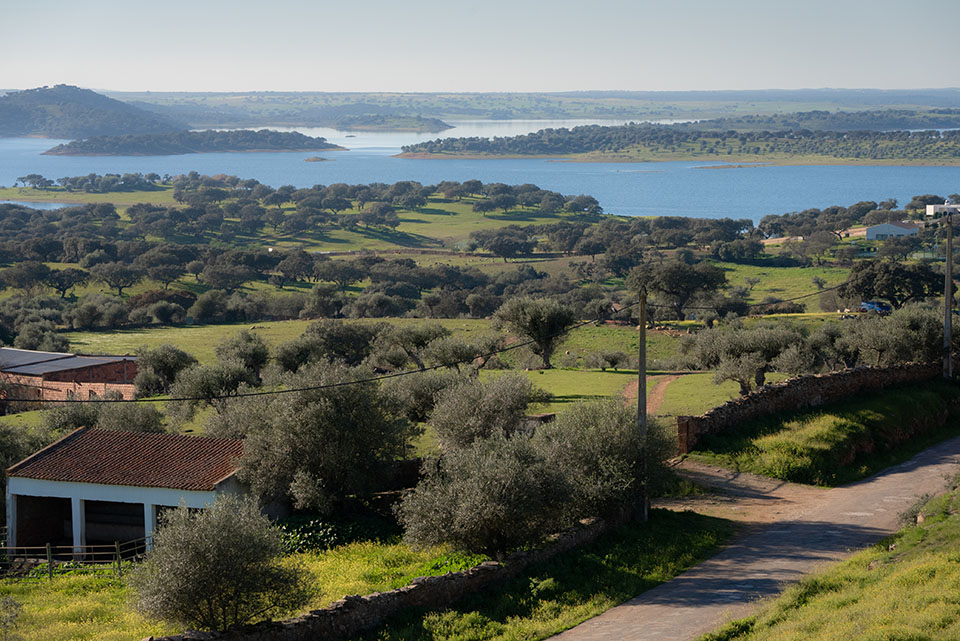

96%
Is the proportion of water from the Alqueva Global System used for irrigation—this has increased 33% since 2021.
Source: EDIA 2022 Client Profile Report
“Agricultural production in the municipality was not considered in the irrigation plan. We only have access to electricity, not to water. This made us less competitive… Moura will have a block for irrigation, Reguengos as well, maybe Mourão will in the future.”
João, municipal mayor
“We don’t have agricultural projects, we have agricultural nightmares. To deny something like this to a population suffering water shortages… I have 200 hectares of land that border the Alqueva and I can’t take a drop of water from it. I had another 200 hectares, but they were flooded by the dam.”
José, 68 years old, geographer

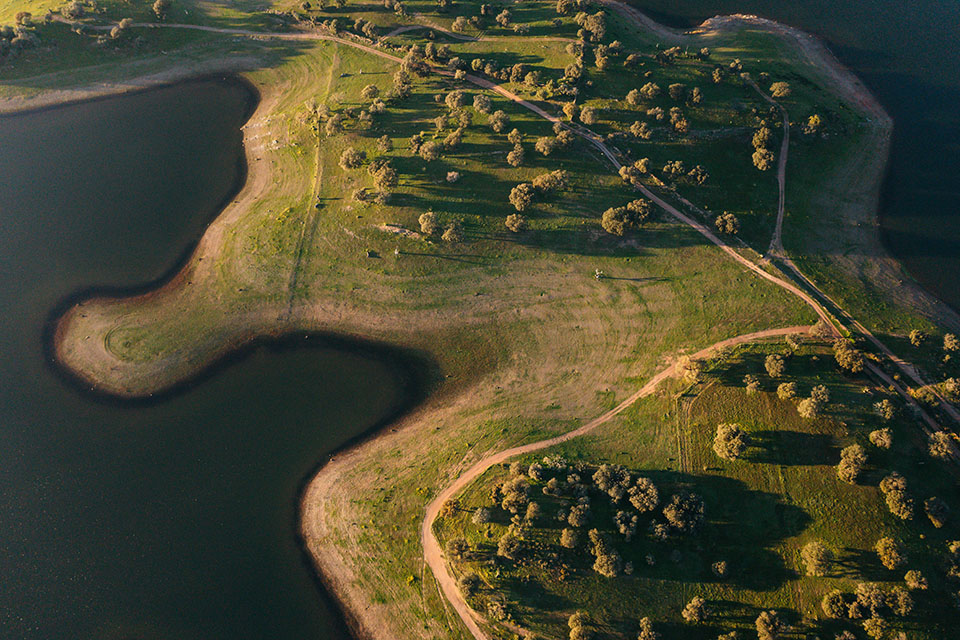
“The only thing we got from the dam was to be forced to move a whole village. A whole life of memories has been submerged. We’ve built here, but there are no people. I don’t support any particular party, I decide to vote for who I think will be better for the country. My parents don’t want to vote, but I always tell them that we can’t demand change if we don’t vote.”
Fábio, 34 years old, fireman
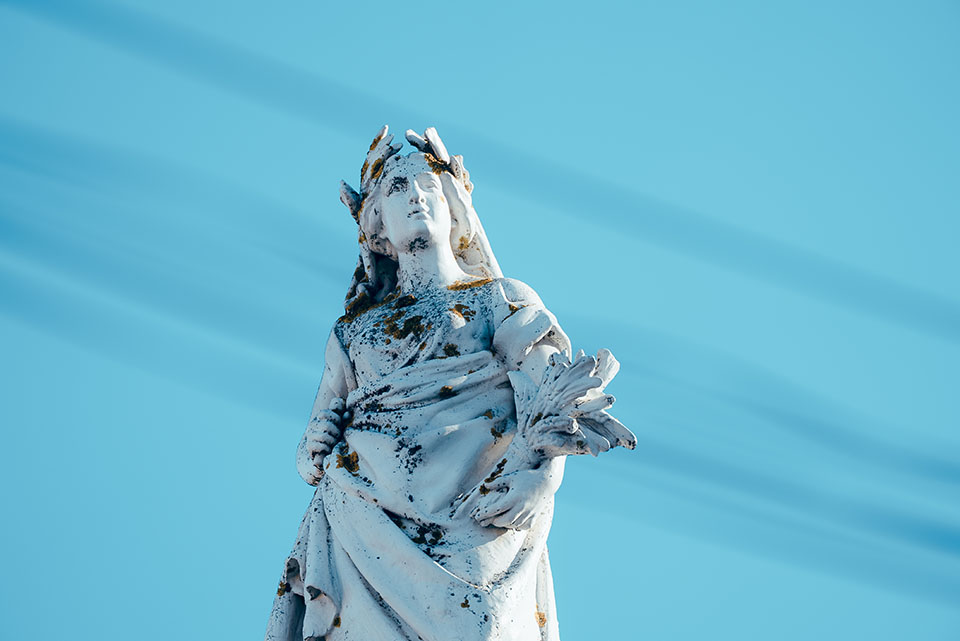
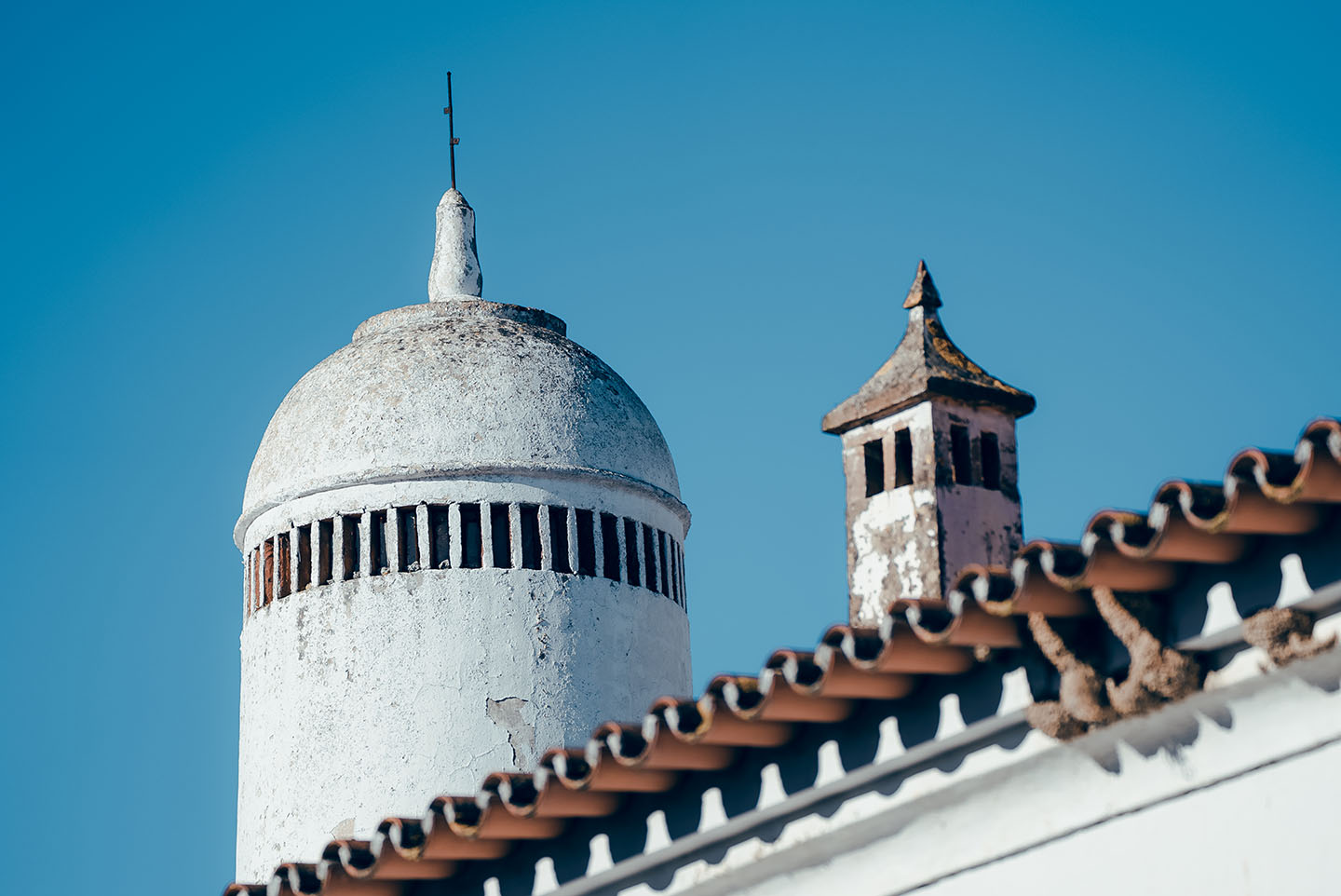

“There are support programmes but it’s complicated. There’s a lot of bureaucracy, you need to know how to jump through the hoops. My son breeds sheep, so I know all about the hoops he has to jump through. They give subsidies for the land, for each sheep, for each cork oak. People live off subsidies here, and not just the Roma. I don’t live here, I’m just passing through. Ideologically I am a Social Democrat, but I’d vote for the left if someone whose ideas and opinions I identified with came up.”
Natércia, 66 years old, retired hospital administrator
220
Number of people employed by Mourão municipality. This represents a third of the employees in the municipality (696).
Source: Municipal Council and Census 2021
47%
Nearly half the inhabitants are between 20 and 60. Of these 722 people, over half are over 40 (27%).
Source: Census 2021

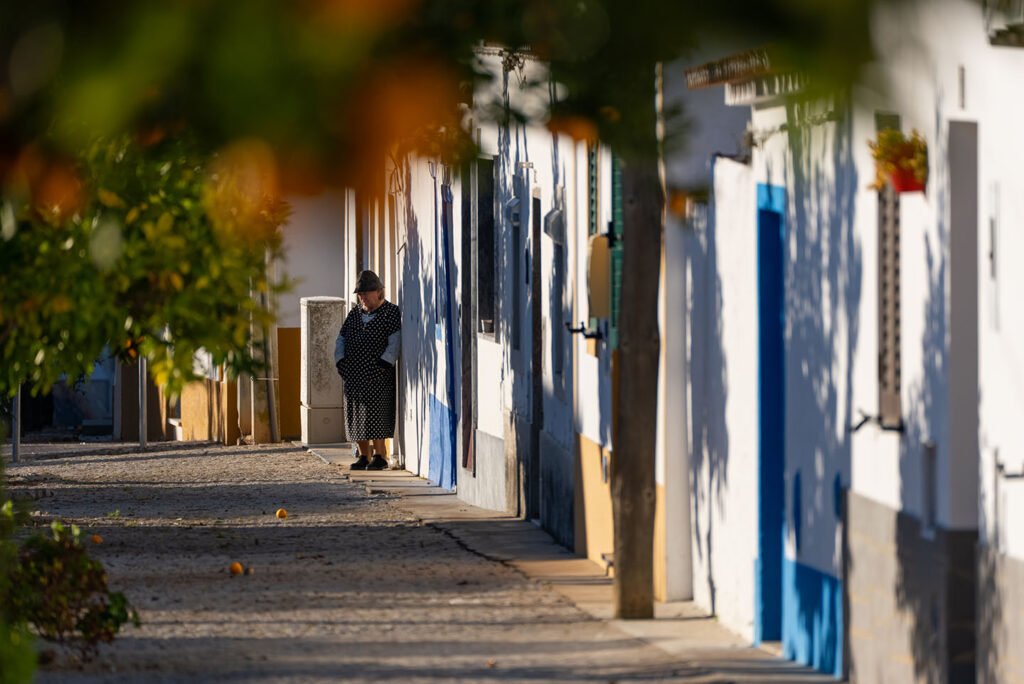
Cláudia, 44 years old, archaeologist
“I’m from Castro Verde, in Beja. Fifteen years ago, I moved to Mourão to monitor the Alqueva project throughout its implementation—all agricultural projects need archaeological monitoring. With bills to pay, I had to find another job. Tourism was on the up, I saw people going up and down the route to the castle, and I thought that a shop selling local craftwork would be a good business opportunity. Fortunately it went well, it’s the only souvenir shop in Mourão. I also have this cafeteria, a council space that was empty for years, and the rent isn’t very much.”
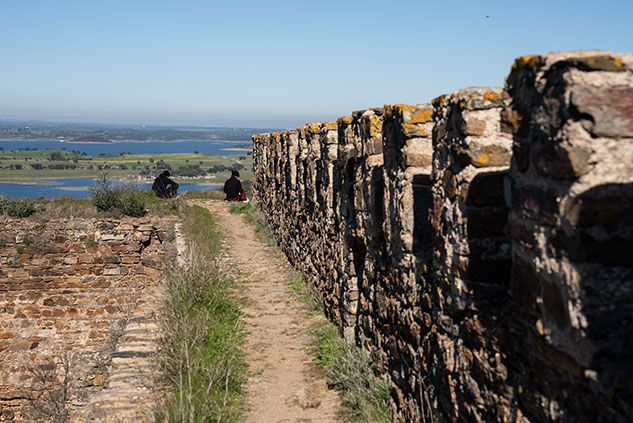

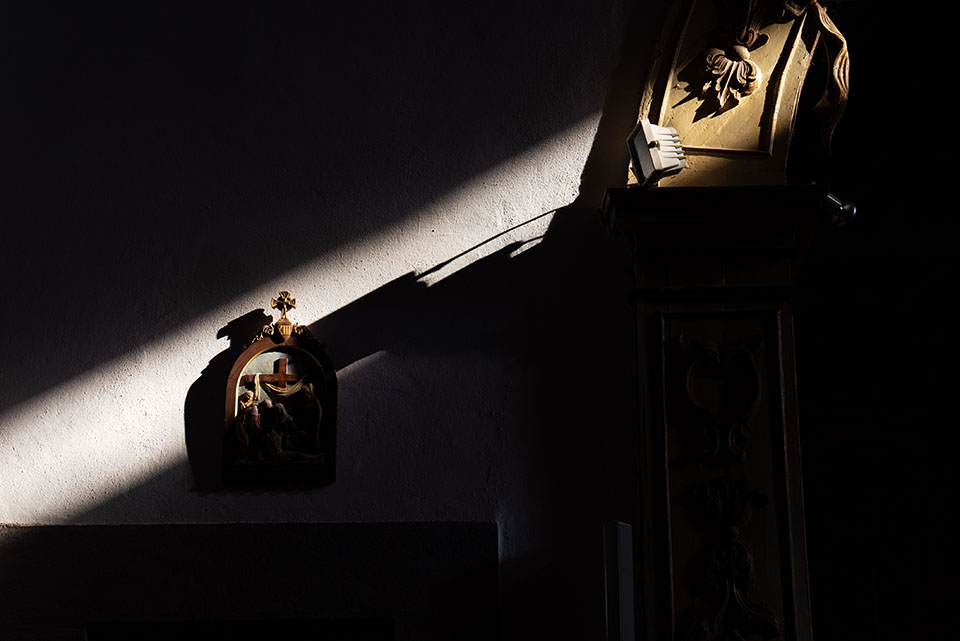
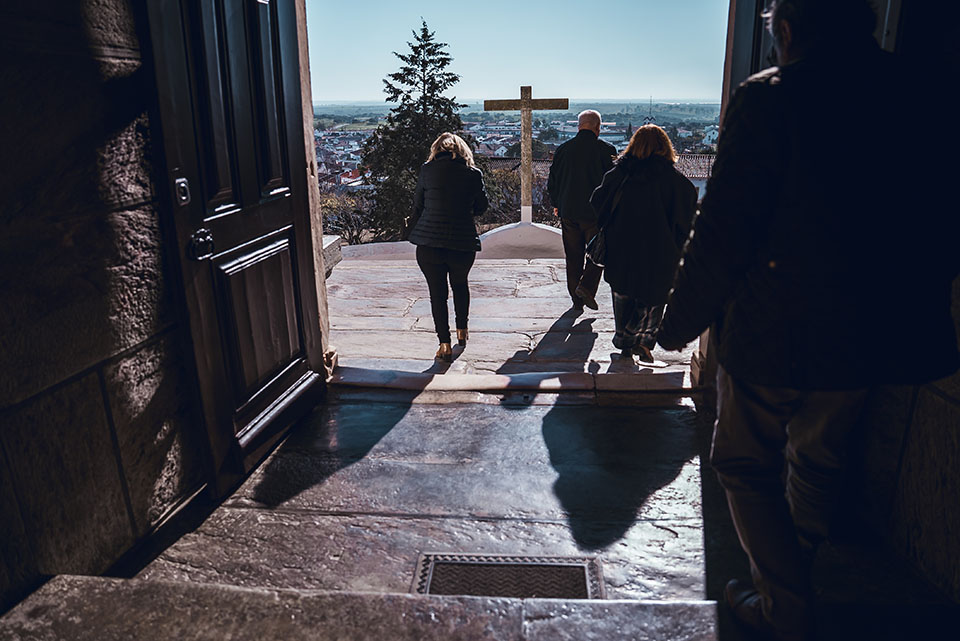
7%
The percentage of people from Mourão with a degree is three times lower than the national average (21%).
Source: Census 2021
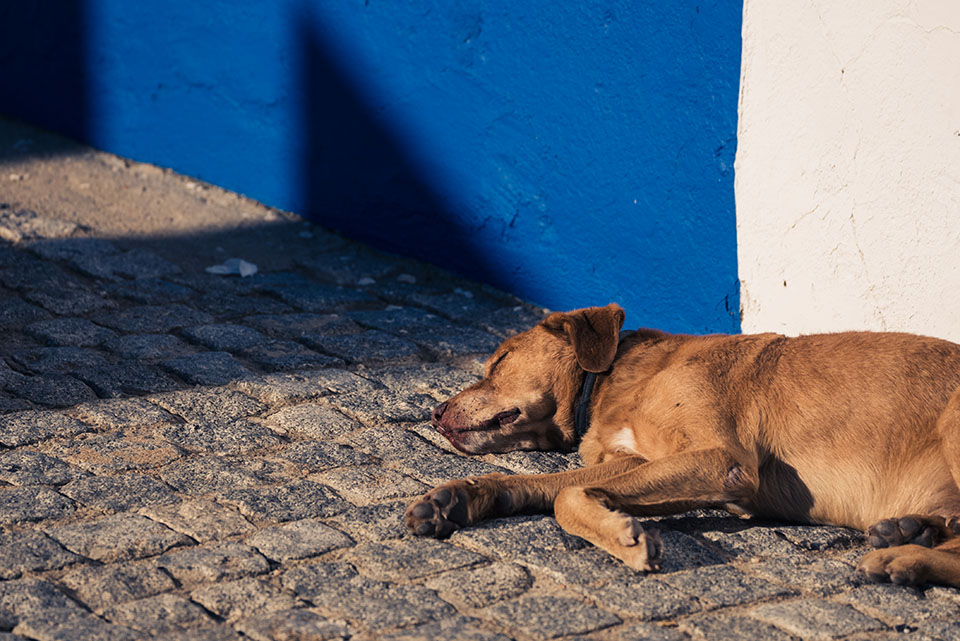


José, teacher
“The move away from associations—one of the best weapons we had—is perhaps because of the difficulties families face. Life is hard in a municipality with little money, that land lost to the Alqueva dam, and few jobs. People with more expectations from life got out, we are more isolated now. Few teachers want to stay, schools are getting smaller, but we don’t notice that so much now because we have lots of students of Roma ethnicity. I have friends who say: Only the waifs and strays end up in Mourão. It’s sad, because Mourão is pretty and has a lot of potential. ”
“The lack of education and information perhaps distances people from politics. I come from a family with a communist tradition. In the local elections, I vote for the person—the people who sort out our problems are the parish and municipal mayors. In all other elections, I vote for the party I’ve voted for all my life… The only time I didn’t vote for the Portuguese Communist Party was when Sampaio da Nóvoa ran in the presidential elections in 2016.”
Cláudia, 44 years old, archaeologist
65%
Mourão parish has the highest number of empty houses in the municipality—for sale, for rent, or for other reasons. One hundred and fifty-four of the 238 unoccupied abodes in the municipality are in Mourão parish.
Source: Census 2021



“I worked in Évora for two years, in a car parts factory. In May 2020, after they made lots of people redundant, I went back to live with my parents and was unemployed until January 2022. I currently work in the Mourão Development Association (ADEREM) and still live with my parents. With prices volatile, work scarce, and food and clothes more expensive, who wants to risk a loan to buy a house?”
Hugo, 33 years old, social inclusion programme officer



“We see them on TV and what they say has nothing to do with what people need. We just know that at the end of the month you have to pay the water, electricity, the rent… I have to manage on 555 euros and they have millions! I asked the bank for money, I built my house, I paid for it and, as they say in Alentejo, I’ve paid my dues. I don’t know if they manage their millions properly.”
Florêncio, 64 years old, bricklayer and painter
35%
In the 2024 parliamentary elections, abstention levels in Mourão were in line with the national average (34%). Chega received the most votes (32.5%), slightly ahead of the Socialist Party (32.3%).
Source: Secretariat General Ministry of the Interior





